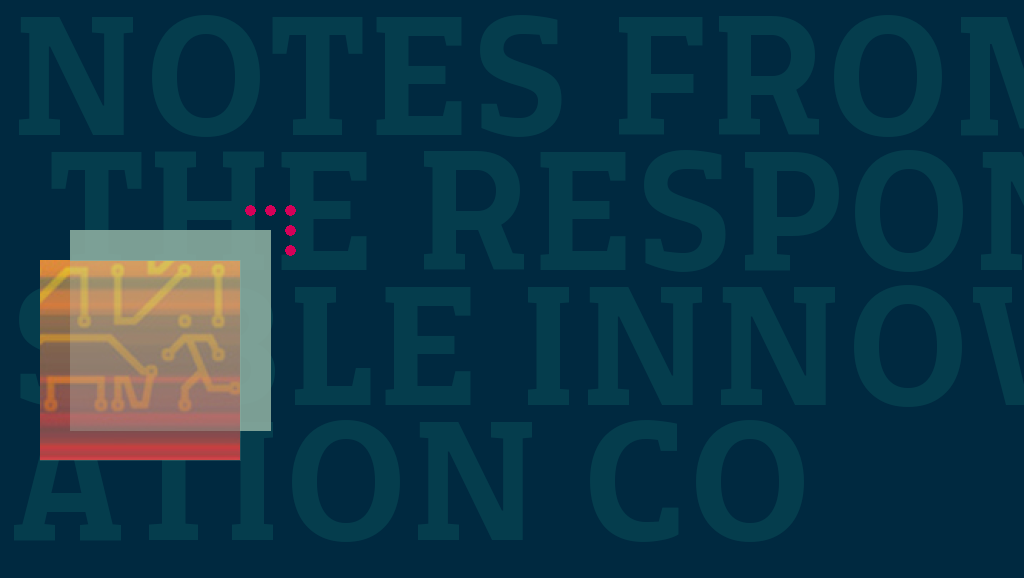The Responsible Innovation conference, held in Den Haag April 18-19, 2011, was a milestone in discussions of responsible innovation. It brought together — and to some extent created — a growing community of innovators and policymakers sharing a set of concerns across a wide variety of disciplines.
The conference was actually the outcome of several years’ work. The Netherlands Organization for Scientific Research (NWO) has funded the thematic Responsible Innovation research programme, abbreviated to “MVI” from the Dutch “Maatschappelijk Verantwoord Innoveren,” since 2008; it plans to spend a total of approximately €12 million in the current program.

The presentations selected from the 2009 call for proposals provided conference attendees with a collection of vivid cases and examples of responsible innovation in a range of fields, including healthcare, international development, nanotechnology, human and cognitive enhancement, privacy, and war. These showed the practical need for new approaches to responsible innovation, and helped to ground useful discussions of theory and policy.
In terms of theory, there was progress on defining responsible innovation as a set of practices, and observable phenomena. The distinction between process-based and outcome-based evaluations of responsibility seemed to be widely accepted. By including a number of very interactive discussions (one session involved all attendees voting on a series of propositions), it was possible for everyone to get a general sense of what broadly agreed on, and what is still a matter of debate.
Jeroen van den Hoven, chairmain of the Responsible Innovation Programme Committee and Professor of Ethics and Technology at Delft University of Technology, emphasized the importance of factoring ethics into the design process. Armin Grunwald, chairmain of the Advisory Board for the Responsible Innovation Programme, emphasized the importance of broad public and social engagement, and described the relationship between the practice of technology assessment and responsible innovation. Interviews with both are posted at www.responsible-innovation.nl.
René von Schomberg from the European Commission’s Directorate General for Research, Governance and Ethics gave a keynote address that was notable both for its theory, and as an indication of serious interest on the part of the European Commission in responsible innovation. Von Schomberg suggested the following definition: “Responsible Research and Innovation is a transparent, interactive process in which societal actors and innovators become mutually responsible to each other with view on the (ethical) acceptability, sustainability and society desirability of the innovation process and its marketable products (in order to allow a proper embedding of scientific and technologies advances in our society.)”
Von Schomberg also suggested that rather than seeing this as a burden on producers, we were moving towards situations in which “Ethics [changes] from a constraint to a driving force of technological development.”
As at any good meeting, the hallway conversations were especially useful. One especially useful discussion was with Nicole Vincent, who has written
A Structured Taxonomy of Responsibility Concepts.
There were several other things to like about the MVI program and its first conference. The MVI program stands about as a model that should be replicated by other science funding agencies in other countries. To some extent, perhaps this is already happening, with plans to develop a program at the European level. The MVI program also parallels the U.S. National Science Foundation’s Socio-Technical Integration Research (STIR) program, but at a much larger scale.
The other presentations were carefully selected and well prepared, and there was plenty of audience interaction. This conference is the first of four annual meetings, and the best papers will be published in a series by Springer (which is perhaps my only gripe: open access publishing is essential to responsible innovation.)
For more information, please see www.responsible-innovation.nl and www.nwo.nl
















